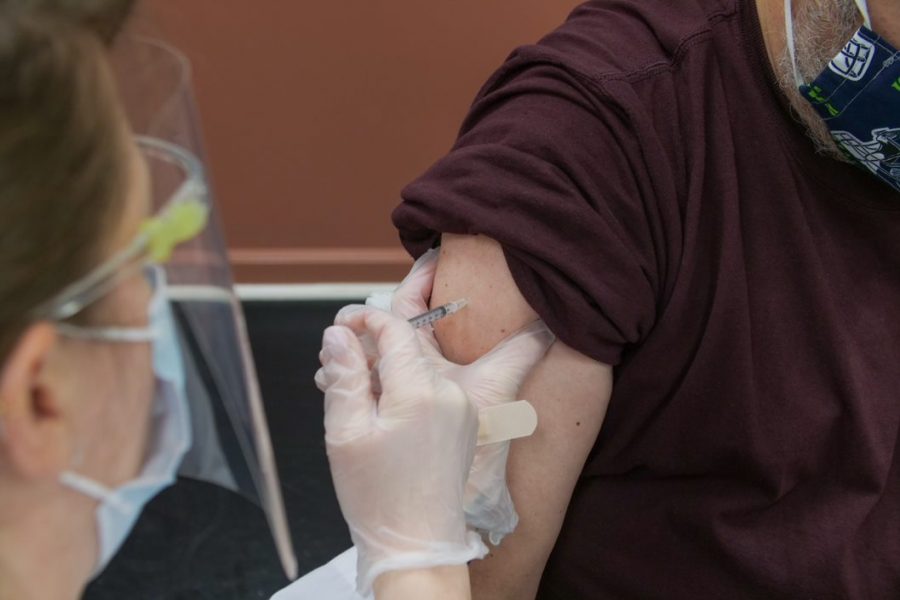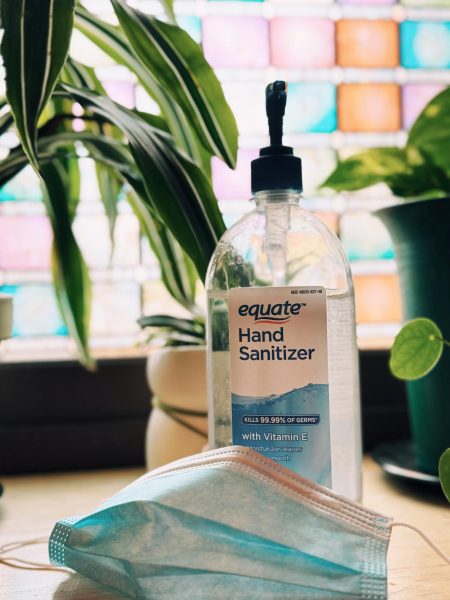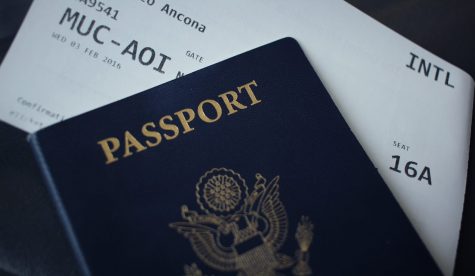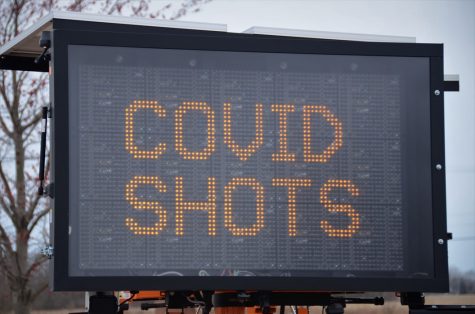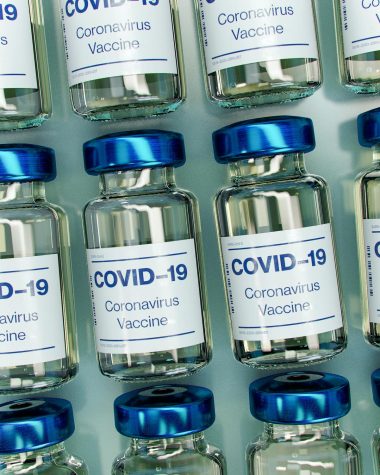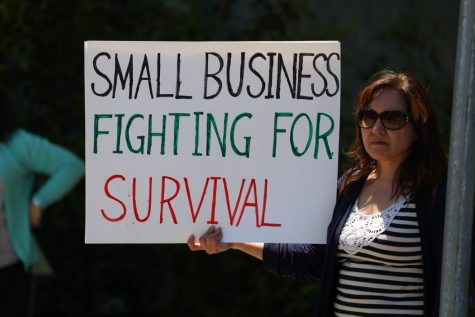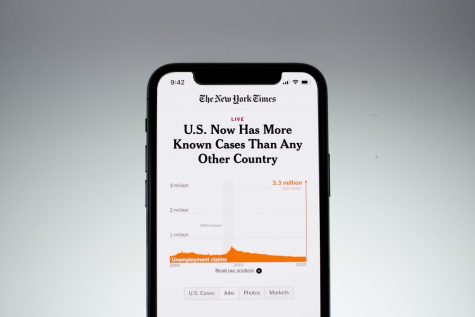Vaccination Trepidation
April 19, 2021
In a world overrun with panic and uncertainty, many are looking to the recent COVID-19 vaccines as a solution to return normalcy to the world and restart traveling and gathering as a large group. With the mask mandate still in effect in many states, the end of the pandemic seems only possible through the use of these new vaccines being produced worldwide. Although recent statements concerning adverse effects from the administration of the proclaimed COVID vaccine Johnson & Johnson are causing another wave of panic to sweep the nation. Currently, these effects have created a pause on the administering to patients and UND has sent out an official report on the stance of their decision when pertaining to university students getting the vaccine.
On Tuesday, April 13th the University of North Dakota released a formal statement concerning the pause in the administration of Johnson & Johnson vaccines to students. They, alongside Altru, the City of Grand Forks, and Grand Forks Public Health, have voluntarily paused administering doses and are offering the option to receive the two-dose Pfizer vaccines instead. UND released the statement, “The pause is out of an abundance of caution, and at the recommendation of the Centers for Disease Control. As of April 12, more than 6.8 million doses of the J&J vaccine have been administered in the U.S. The CDC and FDA are receiving data involving six reported U.S. cases of a rare and severe type of blood clot in individuals after receiving the J&J vaccine. While this review is conducted, Johnson & Johnson vaccine administration in Grand Forks will pause.” UND acknowledged their continual work with the Grand Forks Public Health and Altru and their following of the North Dakota Department of Health recommendations and guidance.
From information gathered on the CDC.gov website, the six cases in the United States reported a rare, severe type of blood clot after receiving the Johnson & Johnson vaccine. Patients reported symptoms of the clot occurring within 6 to 13 days after receiving their vaccination dose. In each case, a blood clot named cerebral venous sinus thrombosis (CVST) was seen in combination with lower levels of blood platelets. The six cases were reported by women between the ages of 18 and 48. The treatment of this certain blood clot makes it unique as it differs from usual treatment. In normal cases, an anticoagulant, heparin, is used to treat clots. In this instance administering heparin would prove dangerous and raise the need for alternate treatments.
Considering the recent reporting, many institutions have been voluntarily pausing to administer the vaccine due to the recommendation of the CDC and FDA. Officially, a statement on the CDC website released Tuesday, April 13, 2021, proclaims, “Right now, these adverse events appear to be extremely rare. COVID-19 vaccine safety is a top priority for the federal government, and we take all reports of health problems following COVID-19 vaccination very seriously. People who have received the J&J vaccine who develop a severe headache, abdominal pain, leg pain, or shortness of breath within three weeks after vaccination should contact their health care provider. Health care providers are asked to report adverse events to the Vaccine Adverse Event Reporting System at https://vaers.hhs.gov/reportevent.html.
The vaccine is still new, and the effect may not be felt or discovered until weeks or possibly years later. In a time of uncertainty, some are choosing to forego the vaccination and choose instead to wait and reevaluate the situation at a later time. The misconception in today’s conversation is the need to get the vaccine now to restart the world, but there shouldn’t be any backlash for a person showing trepidation at a newly created vaccine and choosing to hold off on receiving a vaccination for a year. The results have been eye-opening to the possibility of other side effects, although there have been no reports as of yet. The choice to be vaccinated now, or vaccinated later remains the responsibility of the individual and their discretion.
For more information on the halt of the J&J vaccine follow the CDC and FDA websites for future news and updates.
Iris Mlnarik is a Dakota Student Opinion Editor. She can be reached at [email protected]


